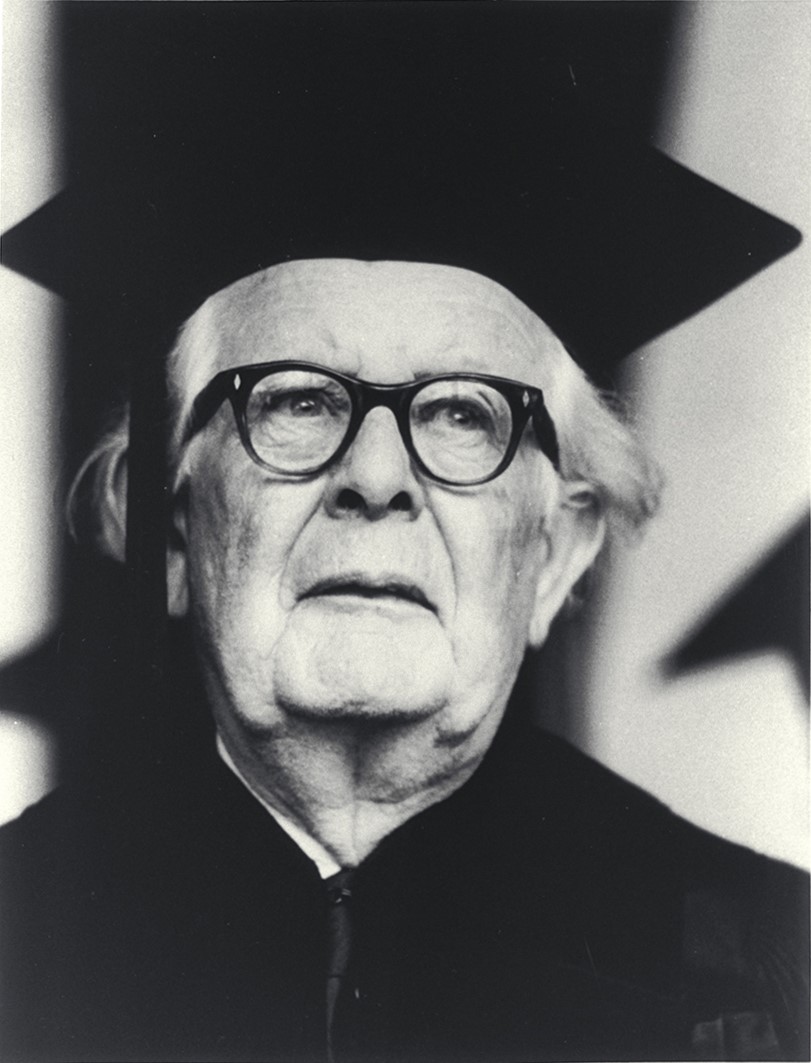 Jean Piaget was introduced to the academic world at a very early age through his first works in malacology (1913-1916). After two study stays in Zurich and Paris, he joined the Rousseau Institute of Educational Sciences in 1921 as head of the psychology laboratory. The University of Neuchâtel appointed him as professor of psychology, philosophy and sociology in 1925, but he returned to Geneva in 1929 as co-director of the Institute and director of the International Bureau of Education. His reputation was recognised abroad with an Honorary Doctorate from Harvard in 1936. At the same time, he taught sociology in Geneva and then in Lausanne. In 1940, he was appointed Director of the Institute and Professor of Experimental Psychology. He took part in the reconstruction of Europe after the war and within UNESCO, where he was Director in 1949. In 1952, he was elected professor at the Sorbonne, a position he held until the early 1960s. He was called to lecture throughout Europe, the United States, South America and the USSR. In 1955 he founded the International Center for Genetic Epistemology, to which he would dedicate the rest of his life, since his retirement in 1971 did not change his research habits. He died in September 1980, considered an international celebrity.
Jean Piaget was introduced to the academic world at a very early age through his first works in malacology (1913-1916). After two study stays in Zurich and Paris, he joined the Rousseau Institute of Educational Sciences in 1921 as head of the psychology laboratory. The University of Neuchâtel appointed him as professor of psychology, philosophy and sociology in 1925, but he returned to Geneva in 1929 as co-director of the Institute and director of the International Bureau of Education. His reputation was recognised abroad with an Honorary Doctorate from Harvard in 1936. At the same time, he taught sociology in Geneva and then in Lausanne. In 1940, he was appointed Director of the Institute and Professor of Experimental Psychology. He took part in the reconstruction of Europe after the war and within UNESCO, where he was Director in 1949. In 1952, he was elected professor at the Sorbonne, a position he held until the early 1960s. He was called to lecture throughout Europe, the United States, South America and the USSR. In 1955 he founded the International Center for Genetic Epistemology, to which he would dedicate the rest of his life, since his retirement in 1971 did not change his research habits. He died in September 1980, considered an international celebrity.




